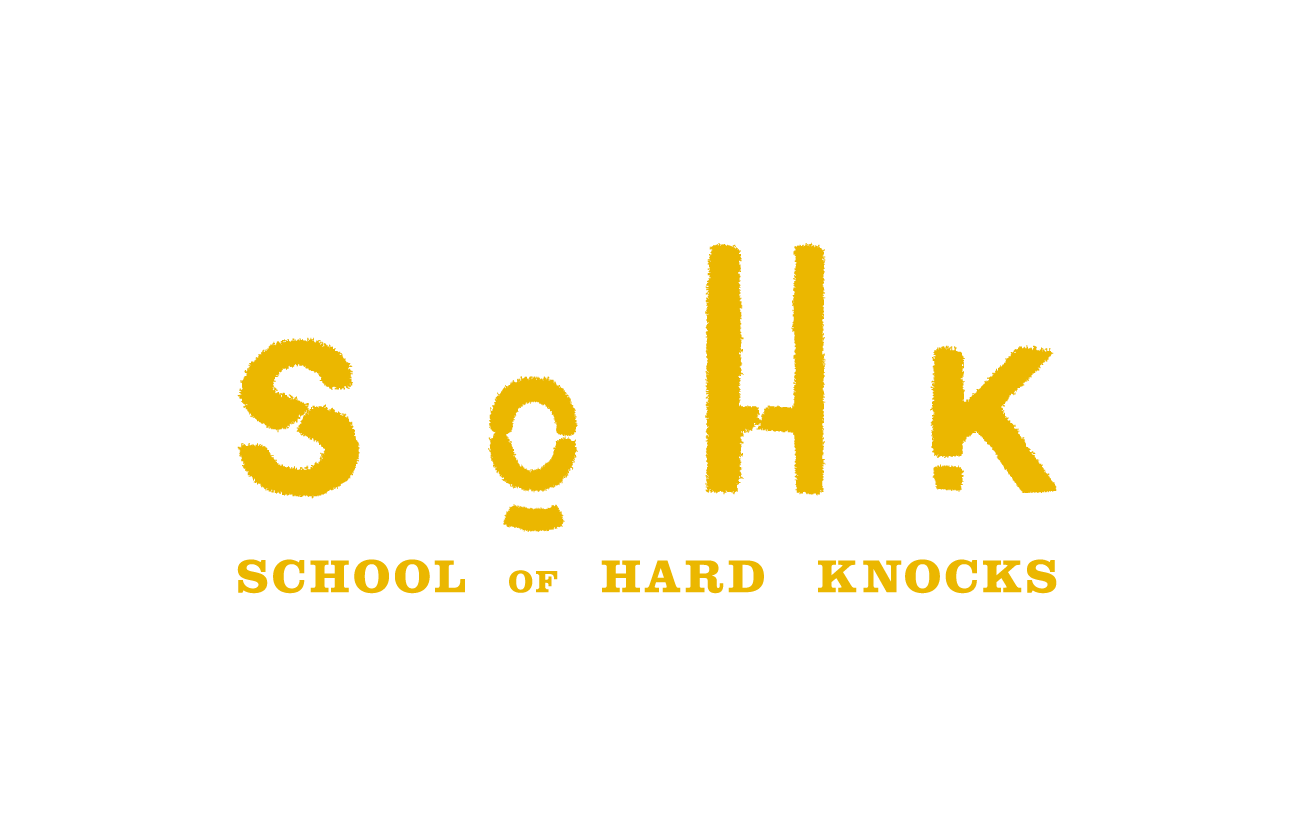Coach Delice at the School of Hard Knocks
Coach Delice
Pronouns: She/Her
Hometown: Thornton
Favorite Sport: Netball
I'm Delice Lumbu, a 20-year-old born in the Democratic Republic of Congo. In 2006, my family and I fled to South Africa, seeking refuge and better opportunities. As a young immigrant, I faced xenophobic remarks and struggled to find my place. However, at 13, I joined the Adonis Musati Project, a mental health support group for foreigners, refugees, and young African youth. This experience helped me heal and ignited my passion for serving others, empowering youth, and fostering strong community bonds.
Through the Adonis Musati Project, I developed essential communication and leadership skills. I applied these skills in high school, becoming a member of the council of learners and eventually serving as Head Girl of J.G. Meiring High School in 2022. My love for community and youth development continued to grow, driving me to create positive change and uplift those around me.
When the Adonis Musati Project ended in 2024, I was still hungry to serve others and help youth. I sought new opportunities to make a meaningful impact. I applied to the School of Hard Knocks and was accepted as a coach. My dream is to continue empowering others with the tools and knowledge I've gained.
How do you tailor your coaching methods to accommodate different learning styles and abilities?
As a coach, I've realized that everyone learns differently, and it's essential to adapt my coaching methods to meet the unique needs of each individual. Growing up as a foreign national in South Africa, I've experienced firsthand the importance of inclusivity and adaptability. In my coaching practice, I strive to create a supportive and inclusive environment that fosters youth growth, empowerment, and success. By being flexible and willing to adjust my approach, I can better serve youth with different learning styles, abilities, and needs, whether it is using interpretation services or visual aids or even using fun activities or games to break down difficult topics. I also practice the idea of nuance, recognizing that every individual's experiences and perspectives can be complex. I remain open-minded, avoiding assumptions and stereotypes, and instead focus on understanding each child's context and challenges. I have learned to shape myself in order to help others see and reach their full potential.
What are some of the biggest challenges you've faced as a coach, and how have you overcome them?
One challenge is dealing with my own biases and assumptions. As a coach, I've realized that I'm not immune to biases and assumptions that can impact my coaching relationships. To overcome this, I've committed to ongoing self-reflection, practicing the idea of nuance, educating myself, and training to increase my awareness and cultural competence.
Managing my own emotional energy has been a significant challenge. As a coach, I'm constantly supporting others through their challenges, which can be emotionally draining. To overcome this, I've prioritized self-care, set healthy boundaries, and developed strategies to manage my emotional energy.
Lastly, I've struggled with wanting to do more than I can. I often take on others' burdens very heavily and want to help in absolutely any way possible. However, I've had to constantly remind myself that I cannot mix my work with my personal life. I must respect the boundaries of the youth around me and never take matters into my own hands. This lesson has been difficult, but it's essential to maintaining healthy relationships and avoiding burnout.
How do you prioritize and maintain your own mental health while managing the demands of coaching?
I am blessed with a very strong support system and am constantly around people who make me feel relaxed. I often spend time reading and writing to regulate my emotions. I also establish clear boundaries with those around me to protect my time and energy. I highly prioritize my own time to self-reflect and evaluate any personal issues or maintain my mental well-being.
What self-care practices do you find most effective in managing stress and preventing burnout?
I spend a lot of time praying and serving in the church. It gives me great peace and purpose and often boosts my confidence. Listening to music and dancing gives me absolute joy and helps me cope with stress. I love to spend time outdoors, whether it is going for a walk or a jog, sitting, or eating out with friends. It gives me peace of mind and prevents burnout.
What advice do you give to your students about maintaining their mental health and well-being?
I believe that from a young age, society teaches us "the road to success" or "the road to happiness," we often trap ourselves by chasing dreams and ideas that are not truly ours. Life is not a race, and there is much more to it than what you see now. There are more opportunities, more people you will meet, more growth, and new experiences, so focus on being mindful of the present, make time for activities that you enjoy, find hobbies, allow yourself to make mistakes, but also learn from them, take your time, treat yourself with absolute kindness because peace starts within your mind. Exercise, get enough rest and remember you can always ask for help, there will be someone willing to listen to and help you. YOU ARE WORTHY.












